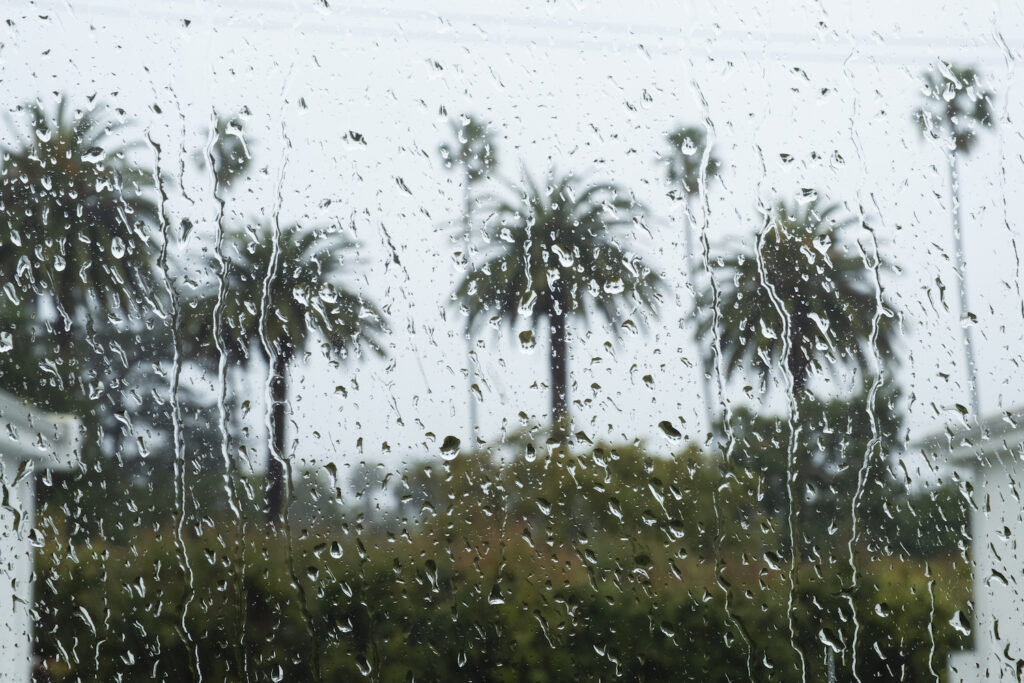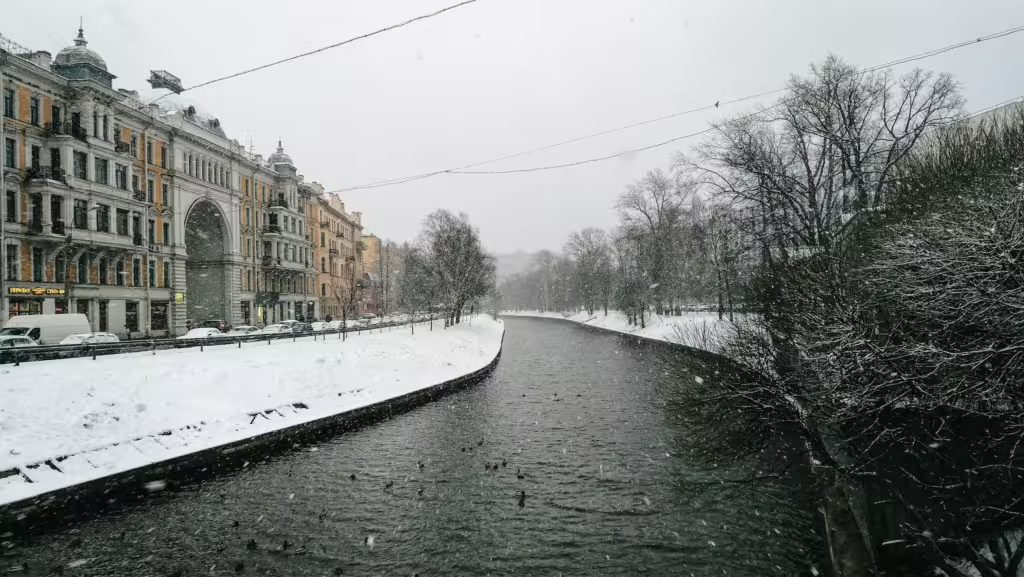A friend recently wrote to suggest we launch a game to see how far into any story about bad weather you have to read before they mention climate change. And if we made it a drinking game we’d have to issue a health warning. But we occasionally find one that doesn’t. Which means it’s about cold conditions since heat is climate but cold is just weather: “Winter storm moves east bringing heavy snow, flooding.” Of course for our part when we hear that “Today is #Ottawa’s 20th day so far this year that hit -20°C, double the February 13th median of 10 days” we don’t go aha! it’s a new ice age. Instead we go wow, strange stuff happens. But then, we’re weird.
One weird thing about us is we’re trying to be wrong about our darker suspicions including how most media now cover weather and climate. So let us also mention this story from National Geographic about how Florida’s manatees are succumbing to “[s]tarvation and cold weather” because “decades of pollution from farm fertilizers and residential developments have killed off vast swaths of seagrass that are manatees’ main food source.” And we are neither making light of the manatees’ plight nor disputing the causes, with pollution first and cold weather second because, as the story explains, the manatees habitually took refuge in pockets of warm water that now lack sufficient nutrients.
On the contrary, we continue to insist that an obsession with climate change has diverted money, attention and effort away from a host of other much more genuine environmental problems including fertilizer runoff and habitat loss. In which vein we do point out that the manatees are still experiencing the cold weather they always did, just without the refuges they once had. Warming has not gotten rid of the cold weather because… it’s not happening to any measurable extent. And even if warming were an issue, what’s with huge subsidies to ethanol in the United States in particular, which does not just divert corn away from world food markets to the great detriment of the poor but also turns out to be… worse than gasoline in its carbon footprint? Is it too much to ask people only to get one big thing wrong at a time?
So where’s our good cheer? Well, a few years back the standard media line was that cold weather was also the result of climate change, climate breakdown or whatever the panic-button term du jour happened to be. Now you get a story like “An intense storm with record-breaking winds battered Europe on Friday, ripping the roof off a major music venue, causing widespread power and travel disruptions, and challenging pilots attempting to land at Heathrow Airport” and it goes on and on about the dramatic impact of “Storm Eunice” on Britain without mentioning climate.
Just kidding. It ends up saying “Climate change may have also played a role in Eunice’s strength. A recent study published in the journal Climate Dynamics concluded that in a warming world, ‘the frequency of extreme windstorms in Europe is projected to increase’ and ‘a large contribution comes from sting jet storms.’” Mind you it rallies with “some scientists are not convinced about a strong link between climate change and storms such as Eunice” and then quotes one saying “there is no compelling evidence that they will become more frequent or potent in terms of wind speeds” before adding “More intense rainfall due to the extra moisture and worse coastal flooding due to higher sea levels is more certain effect of #climate change on storms.”
It’s not clear whether the good professor, Richard Allan of the University of Reading, actually talks in hashtags. But it is clear that if we have to take two shots per news story we really will end up very ill in short order.
P.S. The Guardian did our health a favour by publishing a story on the storm without mentioning climate. We’re surprised, but they did so we think we should mention it.
P.P.S. On February 21 Ottawa’s string of February days with over 5 cm of snow petered out in 2nd place overall, behind 1916 but tied with more years than fit on the chart, including 2010, 1971, 1927 and at least nine more before 1927. So you get the picture. There is no picture.



I play a game here where I live. I see how long it takes for the words “climate change” to be uttered on our national broadcasting radio station/s, no matter what the topic is. The record so far is 30 seconds, and the topic was not weather or climate.
“Environment Canada expects Ottawa's warmer-than-average winter to continue through February, as it expects the month to be more mild than in years past. Senior Climatologist David Phillips says this winter hasn't been tough at all so far.”
Phillips said “We're calling for it to be again, next week, pretty cool," Phillips explains. "For the month as a whole, we think, maybe normal [temperatures] to maybe slightly [higher] than normal, and going ahead we think it will be milder than normal."
So much for weather forecasts. And yet the same meteorologist (climatologist?) is more than willing to predict climate change 25 years from now.